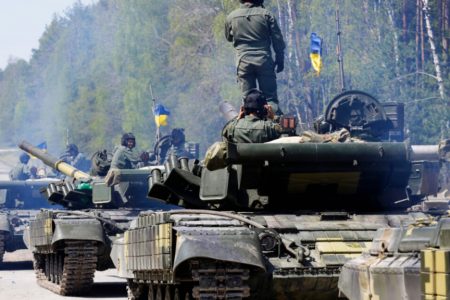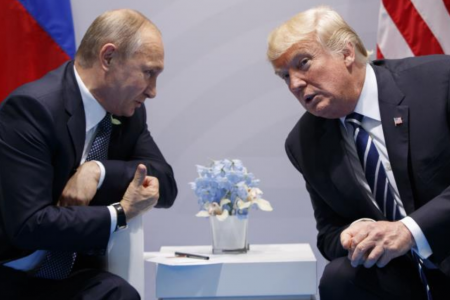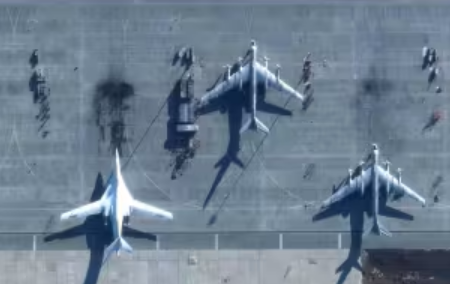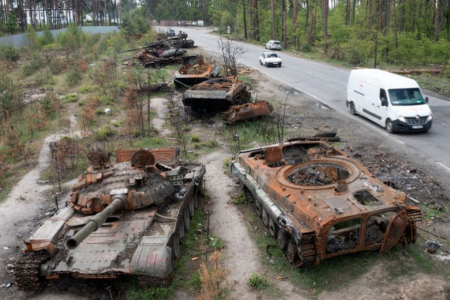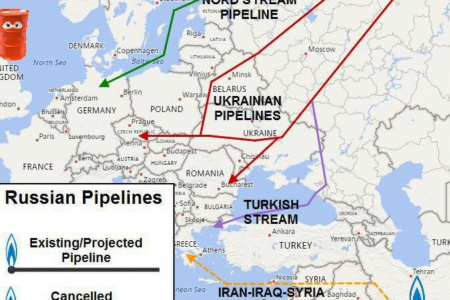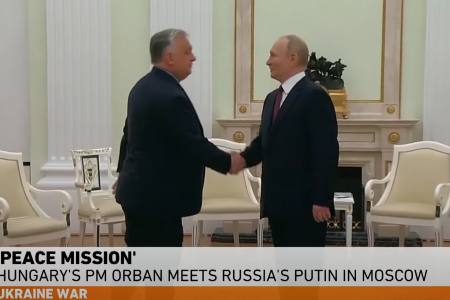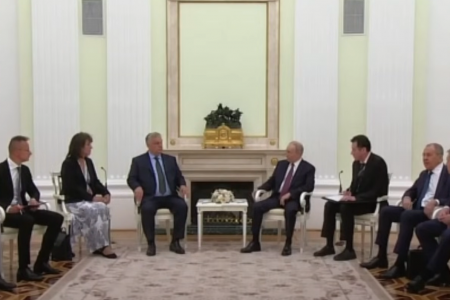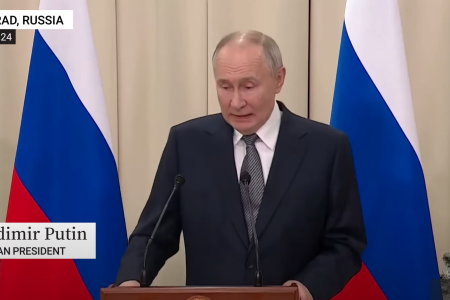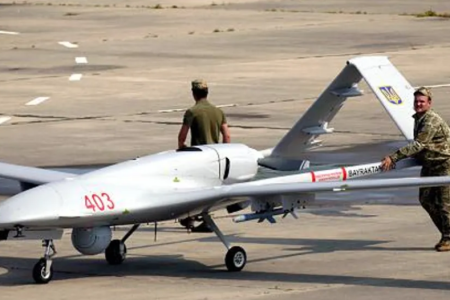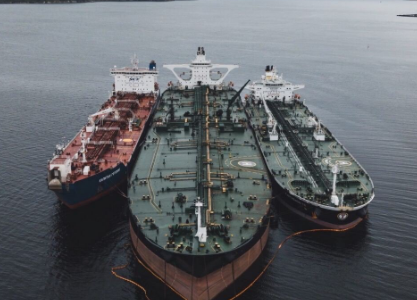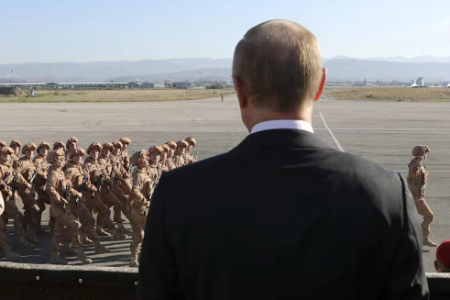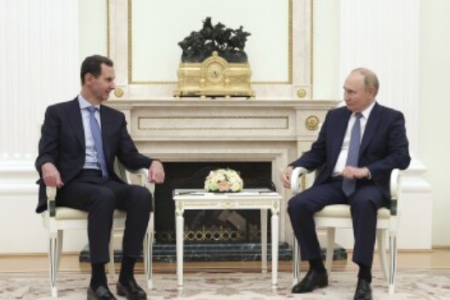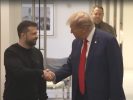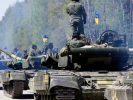
Vietnam-US warm relations
US National Security Advisor Robert C. O’Brien just visited Hanoi on November 20-22. According to the announcement of the Vietnamese side, this visit is to celebrate the 25th anniversary of the US-Vietnam diplomatic relations and to highlight the two countries’ joint efforts to promote a free and open Indo-Pacific region. The media also said that during this visit, US National Security Adviser O’Brien met with Vietnamese Prime Minister Nguyen Xuan Phuc, Deputy Prime Minister and Foreign Minister Pham Binh Minh, Minister of Defense General Ngo Xuan Lich, and Minister of Public Security General To Lam. During these meetings, Mr. O’Brien also reaffirmed the US’s support for a strong, prosperous, and independent Vietnam, contributing to international security, and respect for the rule of law.
The Vietnam-US relationship on the 25th anniversary of normalization between the two former enemies has recorded some positive signals. Bilateral relations are increasingly warm when the US is currently Vietnam’s second largest trading partner, after China. Even during the COVID-19 pandemic crisis, in the first half of 2020, bilateral trade increased to $26 billion.
Less than a month ago, Secretary of State Pompeo also visited Hanoi on a trip that was not scheduled. The successive visits of senior officials in the US government demonstrate the US government’s interest in Vietnam.
Good future
These visits, along with former Deputy Foreign Minister Antony Blinken’s appointment as Secretary of State in Biden’s new administration, sent a clear signal to China and ASEAN that the US continues to hold its commitment to the region and with Vietnam.
This makes Vietnam rejoice as it is considered America’s closest ally in Southeast Asia. Washington is taking every opportunity possible to win Hanoi’s support and improve America’s international standing.

Former Deputy Foreign Minister Blinken once said of Vietnam: “Vietnam’s transition, like so many other countries, is supported and even driven by an international order based on exclusive rules for the advancement of each country.”
Mr. Blinken was an important policymaker in the Obama administration’s Asian rebalancing strategy. The main reason for Washington to reconcile with Vietnam is because Hanoi is the strongest opposition in ASEAN to China’s expansion in the South China Sea. In a conversation with Walter Russell Mead at the Hudson Research Institute on July 9, 2020, the diplomat said: “There is a growing consensus among the parties that China poses a new set of challenges and the status quo is really unsustainable.”
Researchers predict the Biden administration will attach importance to multilateralism. This contrasts sharply with the Trump administration’s overt disdain for alliances. Biden will increase support for the “Quartet” and “Expansion Quad,” strengthen military coordination exercises, not only including Australia, India, and Japan but also other countries such as Vietnam.
In RAND’s commentary, Derek Grossman, senior defense analyst, said: “Vietnam will be a great addition to the” Expansion Quartet “group targeting China. Expanding the participation of the “Quartet” to include a Southeast Asian country would undermine Beijing’s view that the “Quartet” is just a group of regional powers trying to ‘contain’ its strong Chinese.”
As the maritime powers of the Indo-Pacific, Australia, India, Japan, and the United States in the “Quad” group share the interests and responsibilities of maintaining maritime security through solving these complex challenges. The idea of a free and open Indo-Pacific certainly includes maritime security cooperation.
Over the past few years, cooperation in security and defense relations between Vietnam and the US, especially in the field of maritime security, has been increasingly developed. This is reflected in the historic visits of the American carrier USS Carl Vinson to Danang in March 2018 and the USS Theodore Roosevelt in March 2020. American carriers routinely cross the South China Sea and are regularly monitored by Chinese naval vessels.
However, Vietnam and China have a deep history of diplomacy, although sometimes not so well. The year 2020 marks the 70th anniversary of official diplomatic relations between the two countries. Vietnam is also a member of the 15-member Regional Comprehensive Economic Partnership (RCEP), just signed on November 15, including China, Japan and South Korea, but without the United States.
Where will Vietnam be in the US-China tensions?
In his speech at the Diplomatic Academy, Mr. O’Brien mentioned:
“The United States values its partnership with Vietnam and Vietnam’s close coordination on strategic issues of mutual interest, including maintaining peace and stability in the East Sea and the Mekong region. We also appreciate Vietnam’s close cooperation in the implementation of resolutions related to North Korea by the United Nations Security Council …
We share our deep commitment to an Indo-Pacific region based on rules of respect, fairness, and principles of international law such as sovereignty and freedom of navigation.
The region has no interest in going back to an imperial era when “truly belongs to the strong.”

That is why the US takes a firm stance against China’s coercive bullying in the South China Sea and security threats in the Mekong region …
From the South China Sea to the Mekong basin, the rich resources of your country belong to your descendants. The right to inherit these resources cannot be robbed simply because of a larger neighbor and covet what is yours.
We are deeply concerned with a strong and prosperous Vietnam, playing a central role in a free and open Indo-Pacific. We are looking forward to achieving great achievements with you in the future.”
This is a special thing because Vietnam is also an institutional country like China with only the Communist Party holding the power to rule the country. Not long ago, on October 30, during the Hoover Institute’s online discussion on China, David R. Stilwell, US Assistant Secretary of State for East Asia and the Pacific, criticized: “The Communist Party of China is hostile to neighboring countries, the US as well as most other countries. The purpose of the Chinese Communist Party is not for stability or respect for the sovereignty of states that respect the law.”
Requirements for Vietnam
Bloomberg said US National Security adviser Robert O’Brien told Vietnamese leaders that they must limit the “illegal redirection” of Chinese exports and buy more US goods such as Liquified natural gas as well as military equipment to avoid US tariff barriers. In addition, according to Bloomberg, an Assistant to US President Donald Trump also warned that the US trade deficit with Vietnam must be reduced.
The Chinese and foreign producers have already shifted some production activities from China to Vietnam to avoid being punished in the US-China tension.
In 2019, the General Department of Vietnam Customs said it would hunt for goods of Chinese origin illegally labeled “Made in Vietnam” by exporters to try to avoid tariffs of President Trump for imports from China into the US.
Vietnam, which is considered to be one of the biggest beneficiaries of the years-long trade war between China and the US, is having difficulty finding the path of internal growth. This Southeast Asian manufacturing hub relies heavily on China for the import of raw materials and equipment for labor-intensive manufacturing. Meanwhile, the US is Vietnam’s largest export market. The official data shows that the bilateral trade between the US and Vietnam increased by nearly 32% in 2019 and the US trade deficit with Vietnam increased to nearly $56 billion, up 42% year-on-year. Vietnam is looking to import more American goods to help narrow the trade gap following US tariff threats.
The world situation is opening up opportunities for Vietnam but also full of challenges. Vietnam should not miss this important opportunity in order to “escape” from far-reaching influences from China. Problems associated with the existence and development of Vietnam, including the Mekong and the South China Sea, would be difficult to achieve without the participation of the US. Therefore, these are also the moments when Vietnam needs to make the right choices for the future.
Thoibao.de (Translated)
Source: https://www.rfa.org/vietnamese/news/blog/can-vn-escape-vn-orbit-11242020162311.html



